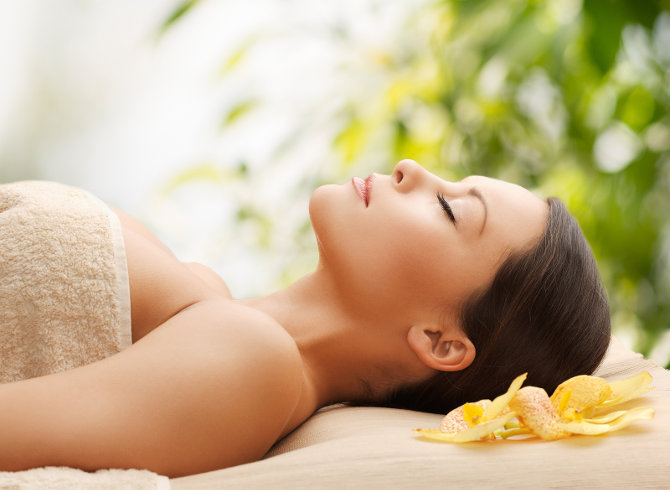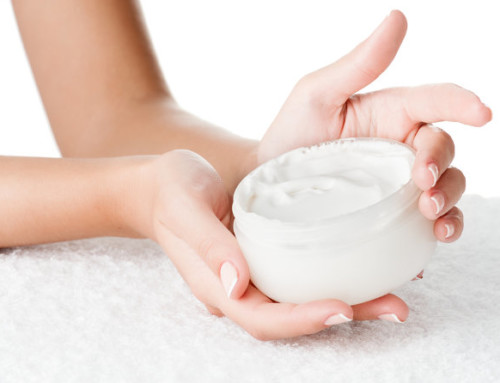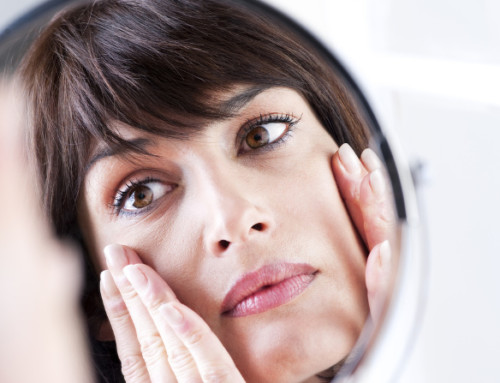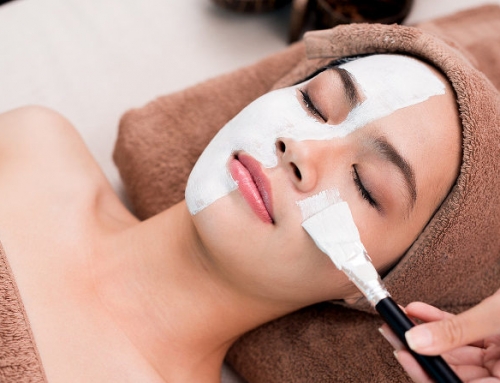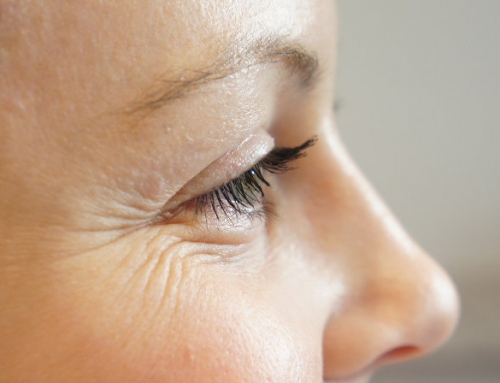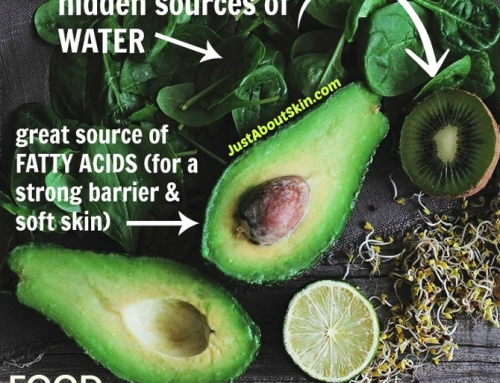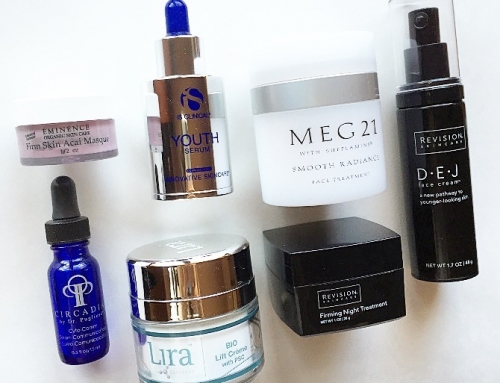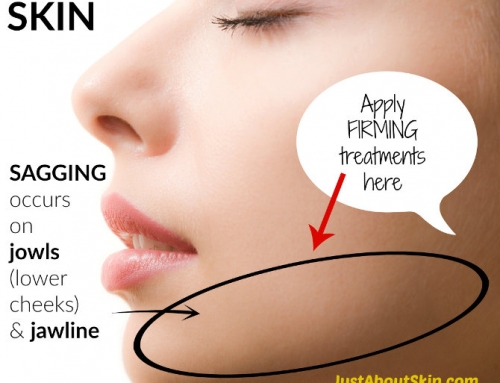How Stress Affects Skin
#1. Stress is a huge accelerator of premature aging. (Premature aging is environmental aging, not genetic aging, which means it CAN be controlled.)
Stress triggers the “fight or flight” state, flooding the body with stress hormones, such as Cortisol and Adrenaline. These stress hormones raise blood sugar and insulin levels, triggering inflammation. The end result is damaged skin cells and even cell death.
It’s also why we tend to crave carbohydrates when we’re stressed. Higher cortisol means higher blood sugar and insulin levels in the blood.
Why is Cortisol bad for skin? Because cortisol thins the skin by depleting hyaluronic acid. Thinner skin is more prone to wrinkling and makes the face less full.
#2. Stress makes every skin condition worse.
For example, it aggravates acne (by decreasing skin’s natural defense against bacteria and increasing sebum production). Note: Stress does NOT cause acne. Stress just makes it worse.
#3. Stress increases the time for wounds to heal.
#4. Stress suppresses immunity (by damaging immune cells).
Did You Know?…
- Cortisol levels are higher when you lack sleep.
- Massage relieves stress by stimulating oxytocin, the attraction and bonding hormone that also protects against stress and creates a feeling of calmness.
Simple Things You Can Do When You’re Stressed
It’s difficult to avoid stress but try to find outlets to relieve it. It will minimize long-term damage to your skin.
#1. GET SOME SLEEP
One of the best things you can do when you’re stressed is SLEEP! You’ve heard about beauty sleep. Sleep is one of Nature’s best and easiest beauty elixirs.
Sleeping will reduce your Cortisol levels. Even a 15-30 min cat nap is both refreshing and rejuvenating for skin. If you find it hard to fall asleep, just shutting your eyes and being still for 10-15 minutes is still helpful.
#2. EAT HEALTHY
Since your immune function will be compromised, make an effort to eat nutritiously – vegetables and fruits with a wide variety of color, as well as foods rich in minerals.
#3. USE A VITAMIN C SERUM OR MOISTURIZER
Make sure your skin care products contain antioxidants, especially Vitamin C, which performs multiple functions to combat the effects of stress. A Vitamin C serum under an antioxidant moisturizer is ideal.

